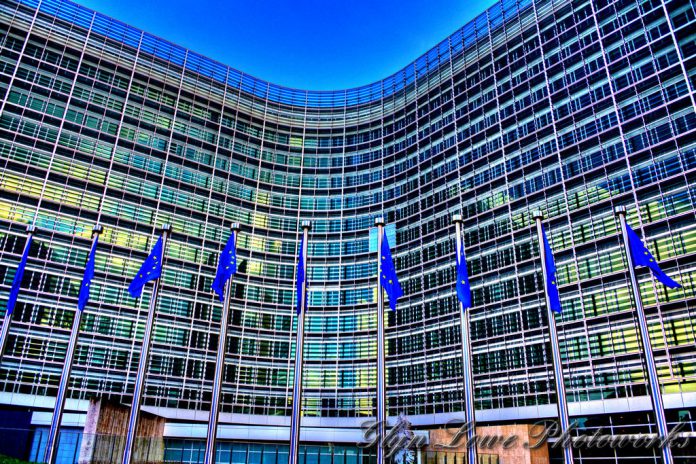Companies have exploited various gaps in legislation to pay less tax. A notable example is Apple, who received illegal state aid from Ireland. Specifically, Apple allegedly only paid between 0.005 percent and 1 percent in taxes between 2003 and 2014. For perspective, Ireland usually has a 12.5 percent corporate tax rate. The European Commission investigated Cupertino for three years, and could lay a $11 billion fine on Apple. That would be the biggest fine in EU history, surpassing the $2.4 billion Google was ordered to pay for a non-tax issue earlier this year. Apple’s case has today been moved to Europe’s highest court. A proposal to be announced on Wednesday would amend the way sales taxes are used in Europe. The changes would focus limiting the VAT revenues companies make from cross-border sales. While the Commission has been using these regulations for some time, the new change would make the legislation permanent. “This definitive VAT system will be based on the principle of taxation in the member state of destination,” the document, seen by Reuters, says. Earlier this year, we reported that France and Germany are taking their own initiative to clamp down on tax avoidance. “Europe must learn to defend its economic interest much more firmly — China does it, the U.S. does it,” French Finance Minister Bruno Le Maire said at the time. “You cannot take the benefit of doing business in France or in Europe without paying the taxes that other companies — French or European companies — are paying.” If that name is unfamiliar, he is now the president of the European Commission.




